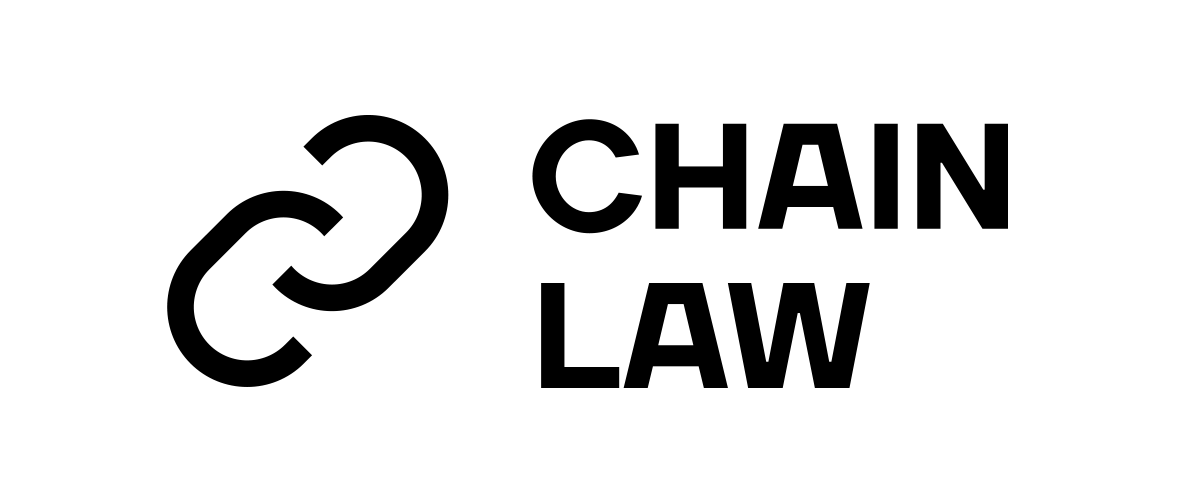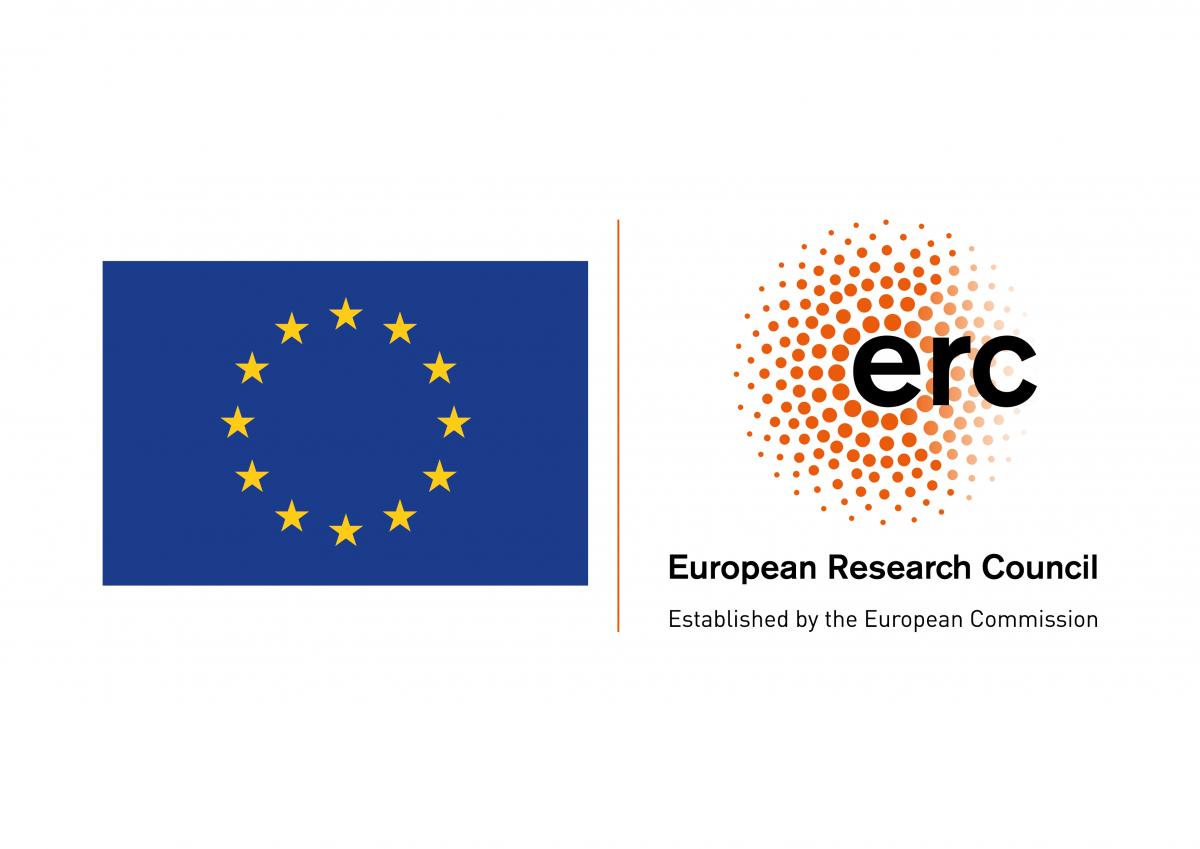CHAINLAW | Creating legal language for Global Value Chains
CHAINLAW is a research project that aims to develop a novel conceptual and normative legal language for the socio-economic phenomenon of Global Value Chains (GVCs).
-
What are Global Value Chains?
GVCs are the interconnected trade structures that underlie the production of commodities and offering of services. International organisations estimate that at least more than half of global trade today takes place in GVCs.
GVCs have recently become an object of legal regulation. Evidence for this are, for instance, in the EU, the Corporate Sustainability Due Diligence Directive or Deforestation Regulation, the revised rules on product liability and the legislative package on resilience and emergencies in the internal market. But also other countries regulate value chains.
The conceptual notion of the GVC has also recently spilled over to other regulatory areas. Think, as an example, of the current regulation for Artificial Intelligence that is based on the term of the ‘AI value chain’ to make visible the interconnections in the digital sphere.


-
Problem
Despite the increasing legal and regulatory interest in GVCs, there is a lack of understanding and conceptualising GVCs from a legal perspective. While GVCs have been intensively theorised in the social sciences, they are yet unknown as legal categories. Legal doctrine and legal policy seem unable to grasp the concept of the GVCs, to draw coherent, reasonable and workable boundaries for inclusion/exclusion, locate it in existing legal approaches and thus, regulate effectively. Moreover, there is fragmentation and silo thinking in legal areas and sub-disciplines with the result that each legal area develops a legal-conceptual apparatus on its own.

Objective
CHAINLAW aims to inquire the different legal categories relevant for GVCs and to develop a new conceptual and normative legal language for GVCs. The project investigates GVCs through
- Socio-legal institutions
- Legal and Regulatory Pluralism
- Constitutive & Responsive Law

-
Approach
CHAINLAW develops the law of GVCs by taking a distinct approach to GVCs and studies them both in their industrial origin as well as in the recent spill-over of the concept into the digital sphere.
-
Institutions
CHAINLAW takes an institutional approach to legal analysis. Rather than approaching the law of GVCs as a potentially uniform or overarching legal concept, CHAINLAW sees GVCs as fragmented and embedded within different socio-legal institutions. The most important institutions studied in the project are the company, the network and the market.
Legal Pluralism
CHAINLAW adopts a broad understanding of what qualifies as law. For understanding GVCs in and as law, the project includes formal laws (doctrine), private regulation (documents), and regulation through technology and infrastructure (data) as legal research objects.
Responsive Law
CHAINLAW is interested in taking both a descriptive-critical perspective on GVCs as well as developing normative proposals grounded in responsive and reflexive law theories on the use of GVC concepts in law. Hence, CHAINLAW is interested in both the constitutive and regulatory role of the law for GVCs.
-
News
There are no items available. -
Events
There are no items available.

